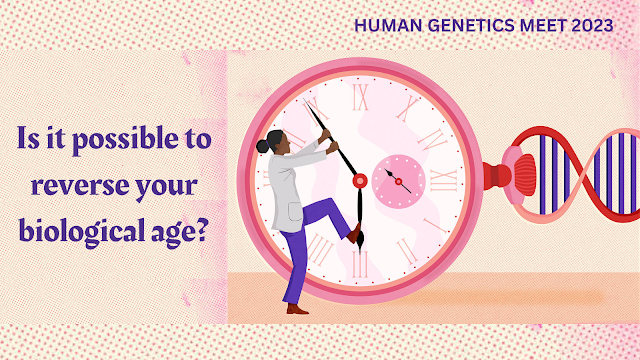How do genes influence anxiety?
If a close relative suffers from anxiety or depression, you are more likely to inherit the condition than if it is present in a more distant relative. You are more prone to get anxiety or depression if you are closely linked to a twin, parent, or sibling who has it.
Anxiety is a general term for
emotions like fear, concern, dread, jitteriness, or foreboding. Everybody has
these sensations occasionally, and feeling anxious can be adaptive and
beneficial. Your brain may urge you to seek protection, for instance, by
inducing sensations of fear if you believe you may be in danger.
Although anxiety is a feeling and
not a mental ailment,
there are numerous conditions that fall under the umbrella of anxiety
disorders. These consist of:
- Generalized anxiety disorder (GAD): persistent anxiety in response to regular, everyday occurrences and circumstances
- Frequent, ongoing panic attacks are a symptom of panic disorder.
- Phobias: a severe aversion to a certain object or circumstance
- An extreme fear and anxiety of social situations are referred to as social anxiety disorder.
- An extreme dread of losing the people you love or who are significant in your life is known as a separation anxiety disorder.
Anxiety problems may have a
genetic component, according to research on identical twins. Furthermore, genomic
analyses have revealed that several genes are prevalent in people who have
anxiety problems.
However, more research is required to determine which genes are responsible for anxiety and how this interacts with environmental factors like stress and trauma to lead someone to develop an anxiety disorder, the studies that are currently available suggest that there is probably a genetic component to anxiety.

.png)
.png)

Comments
Post a Comment